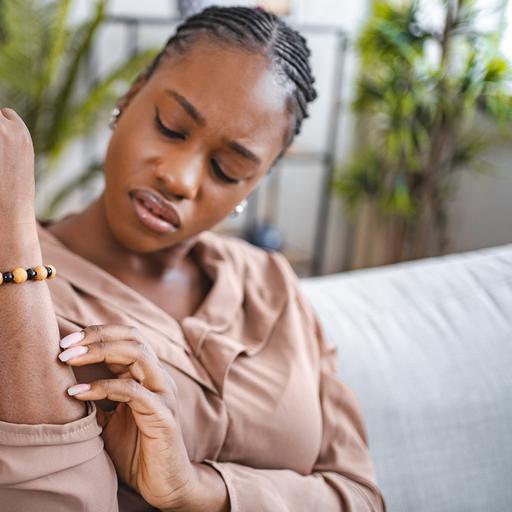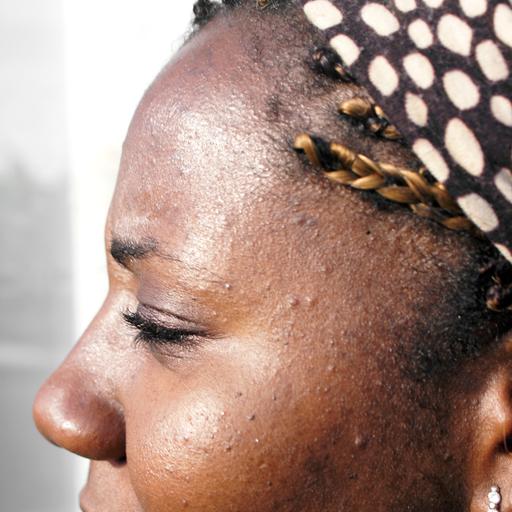"We Promise, It's Just Your Period": The Misdiagnosis of Endometriosis

Endometriosis is a condition where tissue similar to the lining of the uterus grows outside the uterus, causing pain and/or infertility. It is associated with severe, life-impacting pain during periods, sexual intercourse, bowel movements and/or urination, chronic pelvic pain, abdominal bloating, nausea, fatigue, and sometimes depression, anxiety, and infertility (World Health Organization). It impacts around 10% (190 million) of reproductive aged women, girls, and menstruators globally and takes about 8 years for someone to be properly diagnosed.
Missed and mis-diagnoses impact the emotional and mental state of those navigating treatment. According to research, 90% of patients report being diagnosed with a mental condition when they were living with endometriosis. Receiving a diagnosis that makes an individual feel “it’s just in your head” puts an extra mental strain on a process that already can be difficult to navigate.
Feeling that the provider who is supposed to give you resources and an understanding is not hearing you can be isolating. For Black and Latinx women that isolation often has racial undertones this is why it is necessary for our providers to take anti-racist approaches when dealing with endometriosis.
Too often missed and missed-diagnoses fall on the shoulders of Black and Latinx menstruators. Endometriosis is still treated as an “affluent White woman’s disease” because of this:
- Black women are 50% less likely to be diagnosed with endometriosis.
- Hispanic women are 50% less likely to be diagnosed with endometriosis.
Marginalized women and Girls of Color, also need to be empowered while seeking diagnosis and treatment. Celebrity and influencer, Tia Mowry Hardict spoke openly about navigating both a missed and mis-diagnosis, and how it impacted both her physical and mental health. Tia struggled with infertility and after 10 years of pain and uncertainty, at the age of 30, she was finally diagnosed with endometriosis. After knowing her diagnosis, she was able to access care and now is the mother of two children.
If you believe you are living with endometriosis below are some tips that can help you advocate at your next appointment.
- You Know Your Body!!! You know how you feel and are allowed to speak up.
- Write down your symptoms and take them to your next appointment.
- Ask a trusted friend or family member to accompany you to your appointment.
- Take notes during your appointment. Keep a list of what information you are receiving.
- Do your research–find out who specializes in this conditions, ask around for recommendations, find out what tests are typically done to diagnose endometriosis.
- Ask for a referral to a specialist.
- If you are denied certain tests or referrals ask to have it noted in your chart.
- If they are not listening, get a second opinion.
Getting an early and proper diagnosis for endometriosis will give you the ability to locate resources you need. Your body is yours and you know when something is wrong! It may not just be symptoms of a period, it may be something that needs a second look and further tests. Knowing is one of the first steps in the journey to getting resources and having a better quality of life.
HUED is committed to eliminating health disparities and improving overall patient outcomes for Black, Latinx, and Indigenous people. That is why we offer a directory that connects Black, Latinx, and Indigenous patients with culturally humble medical providers. If you feel you need that second look or specialist please click the link above to our directory.
Remember You Know Your Body!!! You know how you feel and are allowed to speak up.
Site content is provided for informational purposes only, and is not intended to be a substitute for professional medical advice, diagnosis, or treatment.


